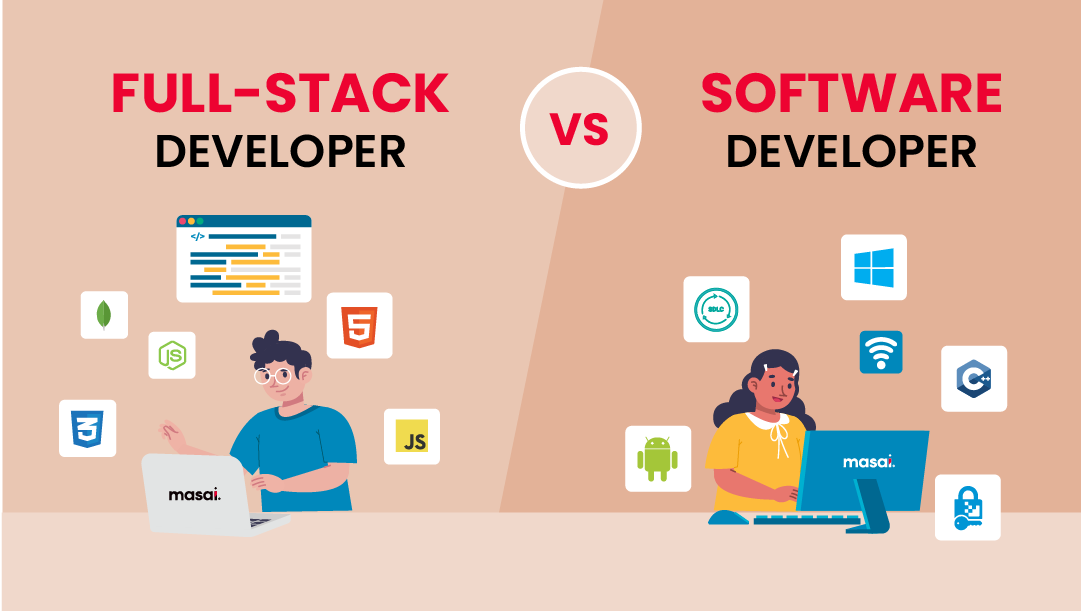Structure Success with a Dedicated Development Team for Your Organization Demands
Structure Success with a Dedicated Development Team for Your Organization Demands
Blog Article
Dedicated Developers vs. In-House Teams: Which Is Right for You?
The decision in between using devoted programmers and preserving an internal group is a considerable one that can influence the trajectory of your projects and total organization technique. On the other hand, internal teams add to a natural company culture and a nuanced understanding of long-lasting objectives.
Comprehending Committed Designers
The growing demand for specialized abilities in the tech industry has caused the emergence of devoted programmers as a viable remedy for numerous organizations. These specialists are commonly acquired on a task basis, allowing firms to utilize certain experience without the long-lasting dedication connected with permanent hires. Committed programmers are usually embedded within a client's group, providing versatility and scalability to fulfill task demands.
This model permits organizations to access a global skill pool, which is particularly beneficial in a swiftly progressing technical landscape. Dedicated designers can be sourced from different geographical locations, guaranteeing that companies can find the ideal capability at affordable prices. They often bring a wide range of experience and knowledge, having worked on varied jobs throughout various industries.
Furthermore, dedicated designers can focus solely on the jobs at hand, enhancing efficiency and effectiveness. They are geared up to integrate flawlessly right into existing operations, working together closely with in-house groups to achieve project purposes. This strategy not just minimizes the problem of recruitment and training yet additionally enables companies to remain nimble, adjusting rapidly to altering market demands and technical developments.
Benefits of In-House Teams

Moreover, in-house teams often tend to have a deeper understanding of the business's objective, values, and goals. This placement can boost staff member involvement and motivation, as staff member really feel much more attached to their job and the organization's success. Additionally, having a committed in-house team enables far better alignment of goals and approaches, as these participants are regularly focused on the business's top priorities.
Internal teams also promote quicker decision-making processes, as they can respond more rapidly to difficulties and changes. The established relationships and knowledge with firm procedures enable structured process and lowered miscommunication. Eventually, the combination of a natural society, positioning with organizational objectives, and efficient communication makes internal teams a useful possession for many companies, particularly those wanting to cultivate long-lasting development and development.
Expense Factors To Consider
When evaluating expense considerations, both in-house groups and committed programmers present distinct economic ramifications for organizations. Engaging specialized developers commonly entails a pay-per-project or per hour rate version, which can be affordable for companies with rising and fall project needs. This approach enables for versatility in scaling resources up or down, making certain that firms just spend for the services they require.
On the other hand, internal groups entail repaired expenses, consisting of salaries, benefits, and overhead expenditures such as workplace and devices. While this model provides better control and instant schedule of sources, it might bring about greater long-term expenditures, specifically if the work does not validate a permanent staff.
Additionally, companies ought to think about the covert prices connected with employment and training of in-house staff members, which can additionally strain budget plans. In some cases, the moment and resources invested in taking care of an internal team can diminish the company's core company purposes.

Job Monitoring and Adaptability
Job administration and versatility are essential aspects that affect the selection between in-house teams and dedicated programmers. Dedicated developers generally use a high level of flexibility, permitting companies to range sources up or down based upon job needs. This dexterity can be especially beneficial for useful reference businesses experiencing fluctuating work or those seeking to introduce rapidly. Devoted teams commonly have actually established procedures for taking care of jobs properly, leveraging specific techniques like Agile or Scrum, which help with repetitive development and adaptability.

Inevitably, the selection in between internal groups and dedicated developers hinges on the desired degree of flexibility and the specific task administration demands. Business need to assess their operational characteristics, task intricacy, and source availability to figure out which option straightens finest with their strategic objectives.
Making the Right Choice
Choosing the best growth approach-- in-house groups or dedicated developers-- calls for a mindful analysis of different elements that line up with a firm's tactical objectives. offshore software development. Initially, take into consideration the nature of the task. Dedicated programmers may be much more ideal if it requires specialized skills or a fast scale-up. On the other hand, in-house groups can provide far better continuity and integration with existing employees.
Next, assess your spending plan. Devoted programmers typically provide an economical remedy for short-term tasks, while in-house groups might incur greater lasting expenditures due to more info here incomes, benefits, and expenses costs. Analyze the degree of control and partnership preferred; internal teams usually foster more powerful communication and placement with company society.
If immediate results are necessary, devoted developers can be onboarded rapidly, whereas developing an in-house group takes time for recruitment and training. If continuous development is crucial, investing in an in-house group might yield better returns over time.
Verdict
In conclusion, the choice in between internal teams and specialized designers rests on project requirements and organizational goals. Committed developers provide adaptability and customized knowledge, making them appropriate for temporary efforts. Alternatively, internal teams cultivate a natural culture and deeper positioning with lasting objectives. Mindful evaluation of budget plan restrictions, task timelines, and desired control degrees is necessary for figuring out the most proper strategy, ensuring placement with tactical priorities and operational efficiency.
The decision between utilizing specialized developers and maintaining an in-house team is a substantial one that can impact the trajectory of your projects and total organization approach.Task management and flexibility are important variables that affect the choice in between in-house teams and committed designers. software development staff augmentation.In comparison, in-house teams might stand out in preserving a regular project administration structure due to their familiarity with the company's culture and long-lasting objectives. Dedicated developers typically offer a cost-efficient remedy for short-term tasks, while in-house teams might incur higher long-term expenditures due to salaries, advantages, and expenses prices.In final thought, Click Here the decision in between specialized designers and in-house teams hinges on task demands and organizational goals
Report this page